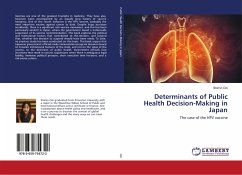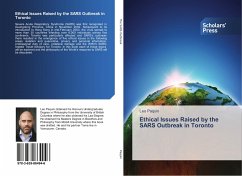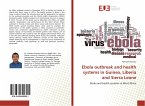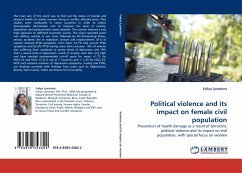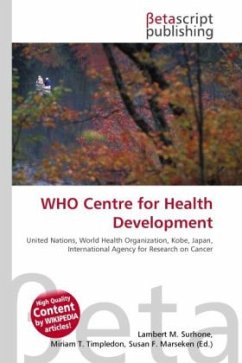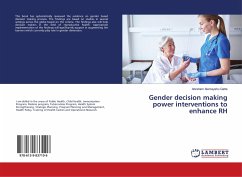Vaccines are one of the greatest triumphs in medicine. They have also, however, been accompanied by an equally long history of vaccine hesitancy. One of the recent instances is the HPV vaccine, probably the most important vaccine against cancer to date. Despite huge successes worldwide, there is a significant anti-vaccine movement, and this has been particularly virulent in Japan, where the government issued a nationwide suspension of its vaccine recommendation. This book explores the political and institutional factors that contributed to this decision, and beyond that, whether this decision to suspend should have been made. To date, no previous study has been conducted on this topic. This book argues that Japanese government officials make immunization-program decisions based on broader institutional features of the state, and not on the value of the vaccine, to the detriment of public health. Government officials face incentives that result in vaccine suspensions when there isambiguous legal liability, immense political pressure, short executive time horizons, and a risk-averse culture.
Bitte wählen Sie Ihr Anliegen aus.
Rechnungen
Retourenschein anfordern
Bestellstatus
Storno

